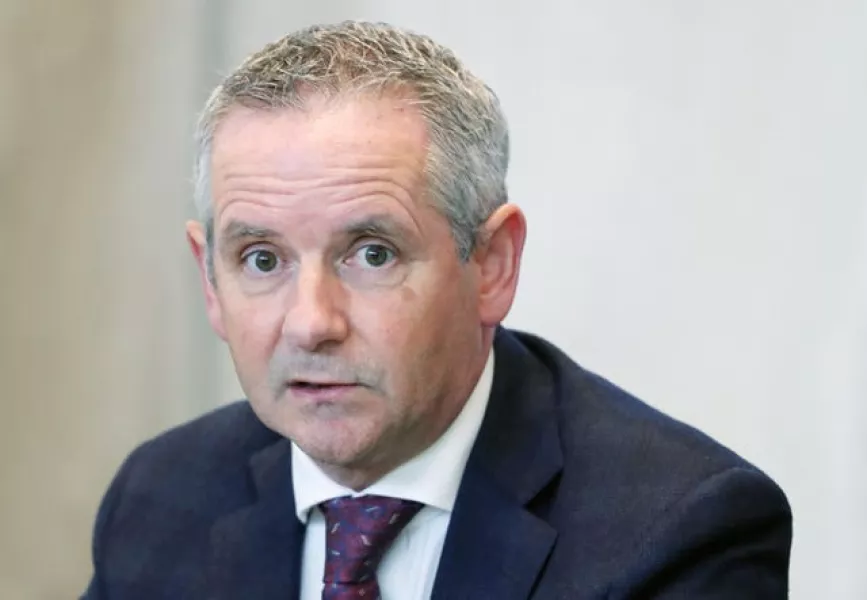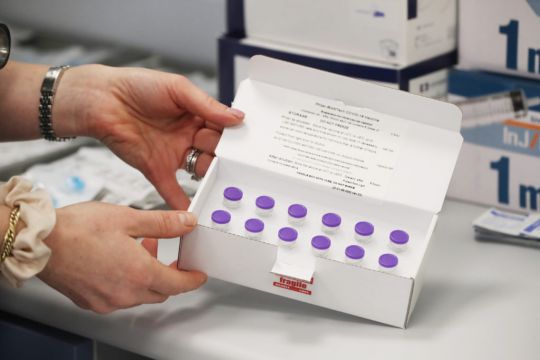Ireland is set to stop ordering further deliveries of the AstraZeneca and Johnson & Johnson vaccines and place more reliance on mRNA jabs, the head of the HSE has said.
Paul Reid said Ireland’s programme would rely mainly on Pfizer and Moderna messenger RNA vaccines, going forward.
He said Ireland had established a strong supply of mRNA jabs and noted that the recent deal with Romania would see 700,000 more mRNA vaccines arrive in the country in the next two weeks.
AstraZeneca and Johnson & Johnson’s Janssen jabs are viral vector vaccines that use a harmless virus to teach the human body how to make a protein that triggers an immune response to Covid-19.

The messenger RNA vaccines use tiny fragments of the virus’s genetic code to teach the body how to make a protein that will trigger an immune response.
Mr Reid said Ireland would be using mostly mRNA jabs in the future.
“That’s the likely trajectory, the likely trajectory at EU level,” he told Newstalk.
“At the EU level, the steering board has recommended each country make a decision to suspend the further delivery of Johnson & Johnson or indeed AstraZeneca.
“And that’s the approach that we will likely be taking.
“We are on the mRNA programme now very strongly, it’s widely available.
“We’ve walk-in centres available for it, it’s available from our GPs, it’s available through pharmacies.
“We have very good delivery coming now with the Romanian deal that the Taoiseach initiated with the Romanian president, which will see over 700,000 delivered over the next two weeks.
“So that gives us a really strong supply line to complete the 12 to 15-year-olds, but also reach some of those more vulnerable groups as well.”
Mr Reid was asked whether Ireland should put plans for booster jabs on hold until more vaccines were shared with developing countries.
The HSE boss said it would be a policy decision for Government but he said there should be enough supply to run a booster programme at the same time as sharing jabs with other countries.
“We have to be really cognisant that this is a global pandemic,” he said.
“And we all have to play our part in that, but I do believe it’s possible when you look at the level of vaccines that the EU has procured, that Ireland has procured, that we can carry out a booster campaign along with supporting developing countries as well. But I do believe we should.”







